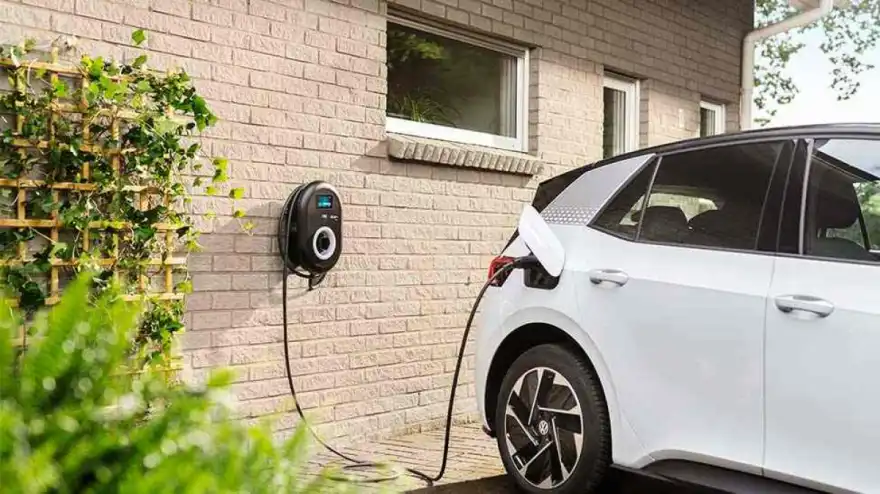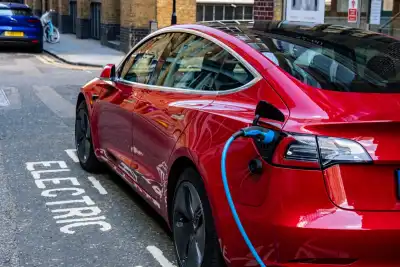
Back in November, Chancellor Jeremy Hunt announced the inevitable decision that electric vehicles registered after April 2017 would need to pay Vehicle Excise Duty, or road tax to me and you, whereas the Expensive Car Supplement exemption is also due to end for EVs in 2025. Cars with a list price above £40,000 pay the supplement, currently set at £355, for the first five years following the first year of registration.
Electric cars are more expensive to buy than their petrol or diesel equivalents, and, despite cheaper models being continually brought to market, high energy prices and the addition of tax will mean financial incentives for making the switch are becoming increasingly hard to justify.
This prompted a letter from Dave, which we’ve copied in here;
I was pleased to see your recent EV-related articles on the Autumn Statement [15 Nov 22] and EV charging infrastructure [3 Jan 23]. However, I have seen no media coverage anywhere of the combined effect of these 2 aspects which, together with the already-greater life-cycle costs of EV ownership [in particular for those EV owners who cannot home charge]. In my opinion, the EV-related measures in the Autumn Statement will be the final nail in the coffin for EV uptake and I predict a collapse of the EV market; without Government action, I believe that there will be a domino effect: the number of EV buyers will collapse; the private charging companies will cease investment; the motor industry, which is currently gearing up to release many more new EV models, will cease further investment to bound its development losses; and the Government’s targets for zero new petrol/diesel car by 2030 and carbon neutrality by 2050 will become untenable.
In Dec 22, I sent a short paper highlighting my fears to Mark Harper; I did receive a response from one of his ‘minions’ but, predictably, it stuck to the ‘party line’ and ducked the issues that I highlighted.
I strongly believe that the Government needs to be pressed to consider the entire picture of EV take-up and, at the very least, re-visit the relevant aspects of the Autumn Statement. EV take-up will only continue if the cost-of-ownership is less than that of petrol/diesel equivalents. The Government will have egg on its face if my fears of a collapse of the EV market materialise but, as usual, its short-term sticking plaster approach is taking precedence over a coherent long-term strategy.
At Regit, we’ve long been pressing for better infrastructure as there is a clear geographical divide in terms of where charging facilities are built, whereas the consideration for how those without off-street parking could potentially charge an electric vehicle continues to be non-existent.
It’s also clear that energy prices must reduce to encourage those who would switch to electric for financial reasons. The wholesale cost of electricity has reduced by around 40% since last August but this is still 6 times higher than January 2021. The running cost will therefore be artificially high until electricity costs fall back in line to ‘normal’ levels.
However, the stats show that EV sales are going from strength to strength, with 17% of cars sold last year being electric – second only to petrol. A further 6% were plug in hybrids. So how do motorists feel about electric ownership? Do you share Dave’s concerns or are you on the brink of switching to electric given more models are available than ever before?
Let us know in the comments below and if you would like to get in touch to raise a subject for discussion, please email [email protected].



